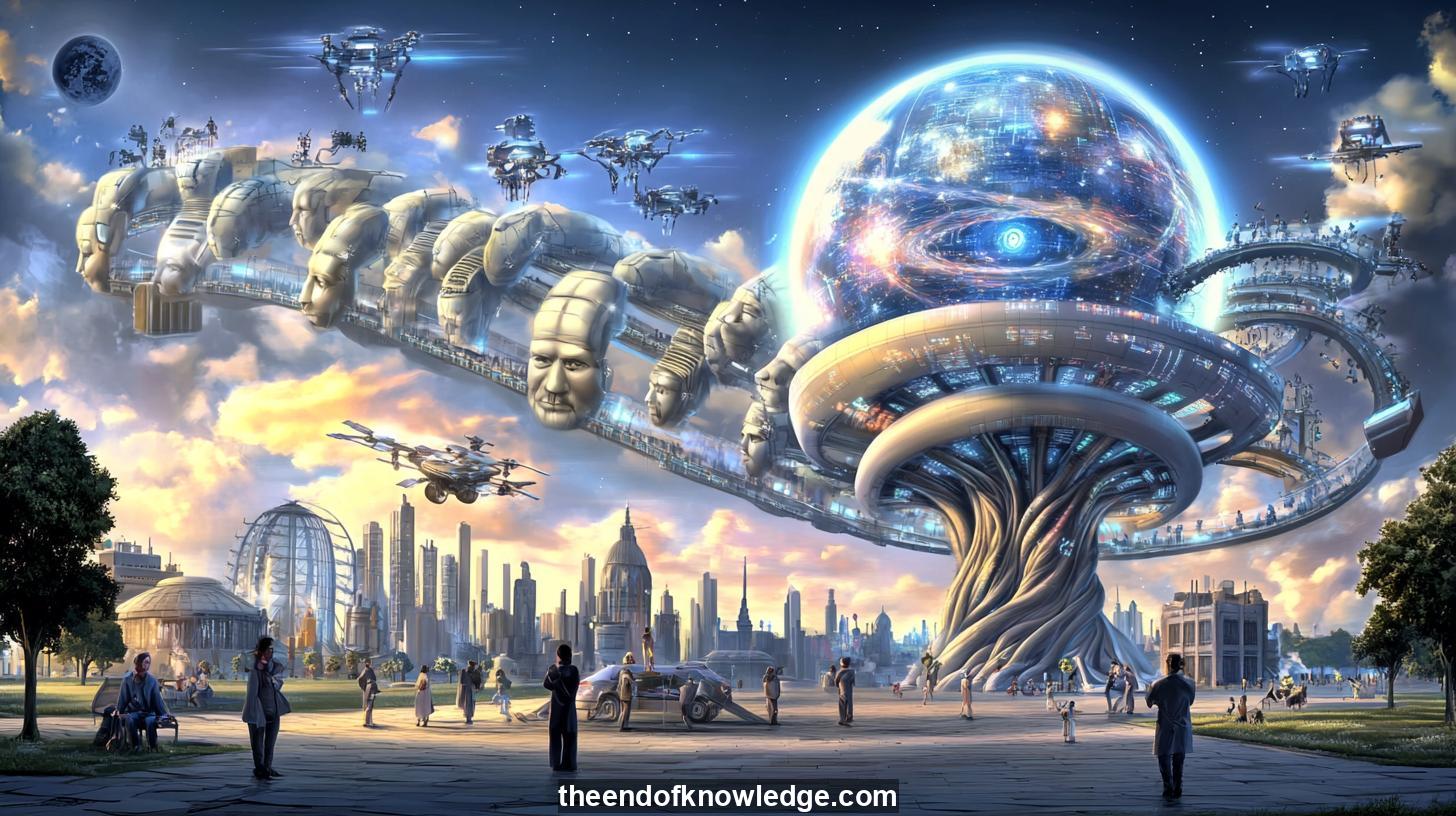 >
>
Concept Graph, Resume & KeyIdeas using DeepSeek R1 :
Resume:
30 Key Ideas:
1.- The development of Grok 3 represents a significant leap in AI capabilities, potentially surpassing human intelligence in various fields.
2.- AI advancements raise ethical concerns, including privacy issues and job displacement across multiple industries.
3.- The integration of AI in sectors like justice and healthcare could streamline processes but also introduces challenges like data bias and accountability.
4.- Geopolitical competition, particularly between the U.S. and China, is intensifying due to heavy investments in AI technologies.
5.- highlights the importance of ethical AI development to prevent misuse and ensure beneficial outcomes for society.
6.- Regulatory frameworks are crucial to balance innovation with societal protection, addressing issues like algorithmic transparency and accountability.
7.- Public-private partnerships are essential for fostering innovation while ensuring ethical standards in AI development and deployment.
8.- The future of work is likely to be reshaped by AI, necessitating upskilling and reskilling to adapt to new job markets.
9.- AI has the potential to address global challenges like climate change and healthcare but requires careful management to avoid unintended consequences.
10.- underscores the need for global collaboration to establish common standards and guidelines for AI development and use.
11.- AI could exacerbate existing inequalities if access to advanced technologies is concentrated in certain regions or among specific groups.
12.- The role of AI in education and research is transformative, offering personalized learning and accelerating scientific discoveries.
13.- Cybersecurity risks associated with AI, such as autonomous weapons and data breaches, require immediate attention and robust solutions.
14.- The ethical use of AI in military applications is a critical concern, with potential implications for global security and stability.
15.- AI-driven technologies like autonomous vehicles and drones are reshaping industries but also pose regulatory and safety challenges.
16.- discusses the potential for AI to enhance decision-making processes in governance and policy-making.
17.- Addressing the digital divide is essential to ensure equitable access to AI benefits and prevent further marginalization of underserved populations.
18.- AI has the potential to revolutionize healthcare through personalized medicine and predictive analytics but must navigate ethical and privacy issues.
19.- The development of AI requires a multidisciplinary approach, integrating insights from technology, ethics, law, and social sciences.
20.- Public awareness and education about AI are crucial to fostering informed discussions and ensuring societal readiness for its implications.
21.- emphasizes the need for continuous monitoring and evaluation of AI systems to mitigate risks and ensure alignment with human values.
22.- AI could play a pivotal role in addressing environmental challenges, such as optimizing resource use and predicting climate patterns.
23.- The economic impact of AI, including job creation and disruption, must be carefully managed to ensure sustainable growth.
24.- highlights the importance of diversity in AI development teams to minimize bias and ensure inclusive outcomes.
25.- AI has the potential to enhance creativity and innovation across various industries, from arts to engineering.
26.- The integration of AI in legal systems could improve efficiency but also raises concerns about fairness and transparency.
27.- discusses the potential for AI to transform urban planning and infrastructure development through data-driven insights.
28.- AI-driven surveillance technologies raise significant privacy concerns and require stringent regulations.
29.- emphasizes the need for AI systems that are transparent, explainable, and accountable to build public trust.
30.- The future of AI hinges on balancing technological progress with ethical considerations to ensure a beneficial impact on humanity.
Interviews by Plácido Doménech Espí & Guests - Knowledge Vault built byDavid Vivancos 2025